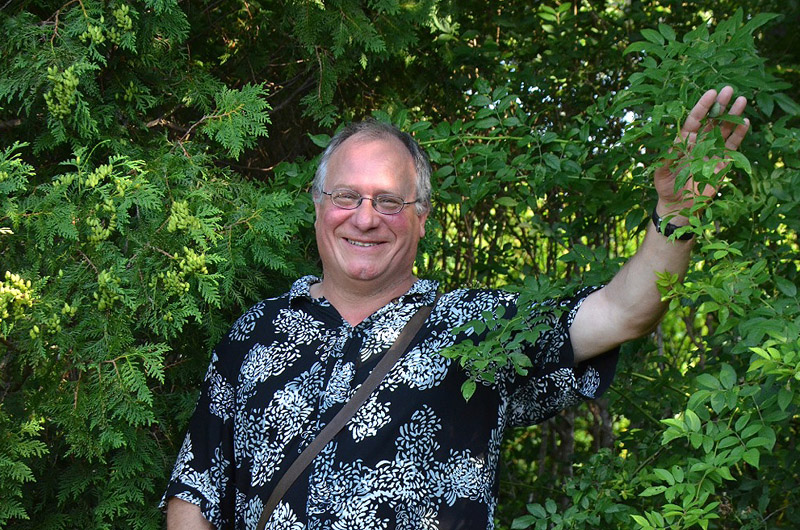The yearlong resilient communities class at the Martha’s Vineyard Public Charter School focuses on societal resiliency and communal reaction to climate change. Early on, students in the course visited Island farms, exploring different experimental components of food development.
On Saturday the class travels to Alaska for a 10-day research trip.
The class is made up of juniors and seniors and is taught by social science teacher Jonah Maidoff. The trip is sponsored by a Martha’s Vineyard Vision Fellowship grant; Dr. Susan Natali of the Woods Hole Research Center will assist them in their research.
Mr. Maidoff and his students plan to collect data regarding scientific and social indicators of climate related change.
“Part of that is getting more hands on and getting a greater granularity in terms of the information that we’re collecting, the locations and making it something that works toward being able to make suggestions to our community about how to prepare for a changing climate,” explained Mr. Maidoff.
Mr. Maidoff had planned to take students in the class to the Paris Climate Conference last winter. But the Paris terrorist attacks in November 2015 derailed those plans, leaving Mr. Maidoff scrambling for an alternative. On recommendation from Woods Hole Research Center professors, he looked north, to Alaska.
“They’re absolutely amazing,” he said in reference to the world-renowned research center professors.
Ms. Natali’s son, Clancy Conlin, is a student in the resilient communities class. She invited the class to the research center where she shared with them the proper methods for gathering valid data and information, and her knowledge of conducting arctic experiments.
With an estimated budget of $15,000, Mr. Maidoff and his student team plan to conduct five experiments in Fairbanks before testing eco-friendly water systems in Denali. The five Fairbanks experiments will focus on measuring carbon dioxide release and uptake from tundra along with recording methane levels from melted permafrost.
“If we can, we want to be able to utilize some of the techniques that people in warmer climates or wetter climates have used to grow food,” Mr. Maidoff said. “The idea being that people live in different climate zones and have adapted to those climate zones and created food systems within them.”
In addition to making biomass calculations, the students will focus on the social implications of climate change. They plan to interview professionals working on solutions for communities altered by rising temperatures and sea levels. Each student will record individual experiences and experiments in personal diaries. Their collective reflections will help shape the future of the resilient communities course curriculum.
Mr. Maidoff sees an opportunity to apply environmental resiliency techniques from Alaska at home.
“You can look at the causeway that Beach Road takes from Vineyard Haven into Oak Bluffs. That might require some raising,” he said, referring to the six-foot rise in sea levels expected in the next 100 years.
Of the six students embarking on the journey to Alaska, four will return to the charter school next year for their senior and junior years, including Jared Rivard, Lily Tilton, Lucy Thompson and Clancy Conlin. Two of the students recently graduated.
“I think everyone will take away something different,” said Astrid Tilton, a fellow recipient of the Martha’s Vineyard Vision Fellowship and Lily’s older sister. “For me, I’m excited about all the documentation we’re going to be doing.”
Astrid graduated from the charter school this past spring and plans to study photography and environmental policy at Hampshire College.
Mr. Maidoff’s daughter, Isabella, joins the team of students too. She graduated from the charter school last year and finished her first year of college at the University of Vermont this past year. Isabella believes the journey will help the students become better citizens of the world.
“These issues are global,” she said. “We come from such a small area, we’re all interconnected in that way. But it’s awesome to go to Alaska and realize that people are doing research there and that we can all be connected in that as well.”







Comments
Comment policy »